On the afternoon of October 7 (Hanoi time), the Royal Swedish Academy of Sciences announced the names of three scientists from American universities, including John Clarke, Michel H. Devoret and John M. Martinis, as the winners of the 2025 Nobel Prize in Physics for their discovery of the quantum mechanical tunneling effect at the macroscopic scale and the quantization of energy in electric circuits.
The discovery is said to offer opportunities for developing the next generation of quantum technologies, including quantum cryptography, quantum computers and quantum sensors.
Scientists have conducted experiments on circuits that demonstrate both the quantum mechanical tunneling effect and quantized energy levels in a system large enough to be the size of a human hand.
Previously, quantum effects were usually only observed at very small scales, such as elementary particles or atoms, but the above research has demonstrated that quantum phenomena can exist and be controlled on larger scales, in other words, on macroscopic systems that can be seen with the naked eye.
The superconducting electrical system they created could transition from one state to another as if “passing through a wall.” They also demonstrated that the system absorbed and emitted energy in quantified pieces, just as predicted by quantum mechanics.
Mr. John Clarke, born in 1942 in Cambridge, UK. He received his PhD in 1968 from Cambridge University and is currently a Professor at the University of California, Berkeley (USA).
Mr. Michel H. Devoret, born in 1953 in Paris (France). He received his PhD in 1982 from the University of Paris-Sud (France) and is currently a Professor at Yale University, New Haven, CT and the University of California, Santa Barbara (USA).
Meanwhile, Mr. John M. Martinis, born in 1958, received his PhD in 1987 from the University of California, Berkeley and is currently a Professor at the University of California, Santa Barbara.
This is the second prize to be announced in the 2025 Nobel season. The next prizes to be announced include the Nobel Prize in Chemistry (October 8) and the Nobel Prize in Literature (October 9).
The Nobel Peace Prize (October 10) is the only award to be announced in Oslo (Norway). Meanwhile, the Nobel Prize in Economics will close the 2025 Nobel Week on October 13.
The Nobel Prize award ceremony will be held on December 10 in Stockholm (Sweden) and Oslo (Norway).
Each award includes a medal, a personal certificate and a prize money of 11 million Swedish kronor (equivalent to 1.2 million USD).
According to the Royal Swedish Academy of Sciences, 118 Nobel Prizes in Physics have been awarded since 1901.
The youngest person to receive this prestigious award at the age of 25 was Australian scientist William Lawrence Bragg (Nobel 1915).
The oldest person honored with this award, 96 years old, is American scientist Arthur Ashkin (Nobel 2018)./.
Source: https://www.vietnamplus.vn/giai-nobel-physics-2025-mo-duong-cho-the-he-cong-nghe-luong-tu-ke-tiep-post1068721.vnp


![[Photo] Super harvest moon shines brightly on Mid-Autumn Festival night around the world](https://vphoto.vietnam.vn/thumb/1200x675/vietnam/resource/IMAGE/2025/10/07/1759816565798_1759814567021-jpg.webp)





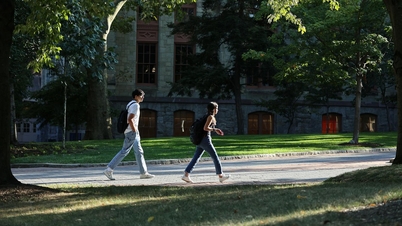




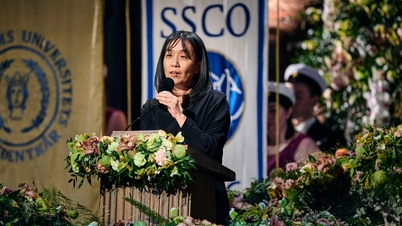
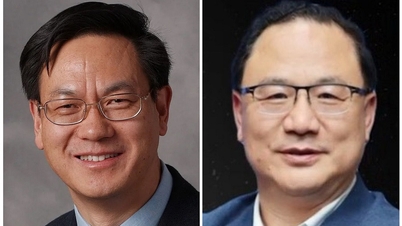
















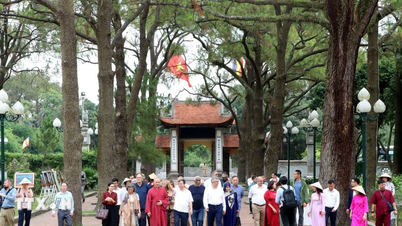



























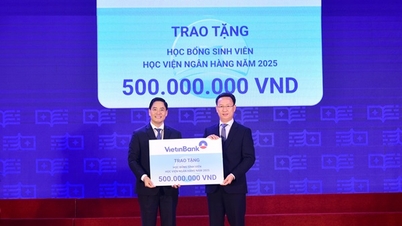




























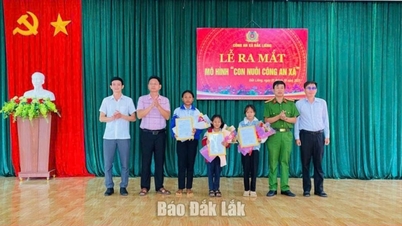















Comment (0)